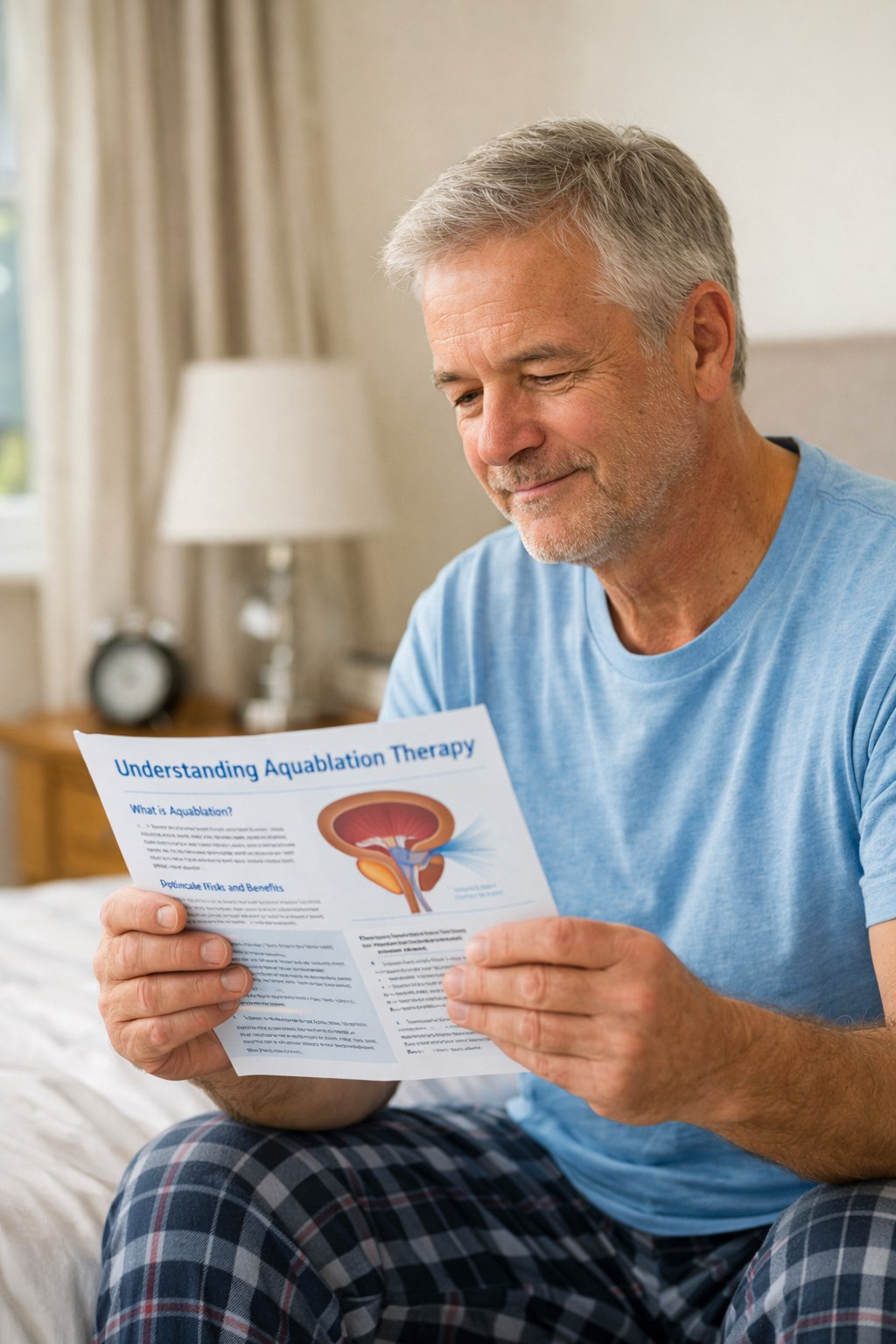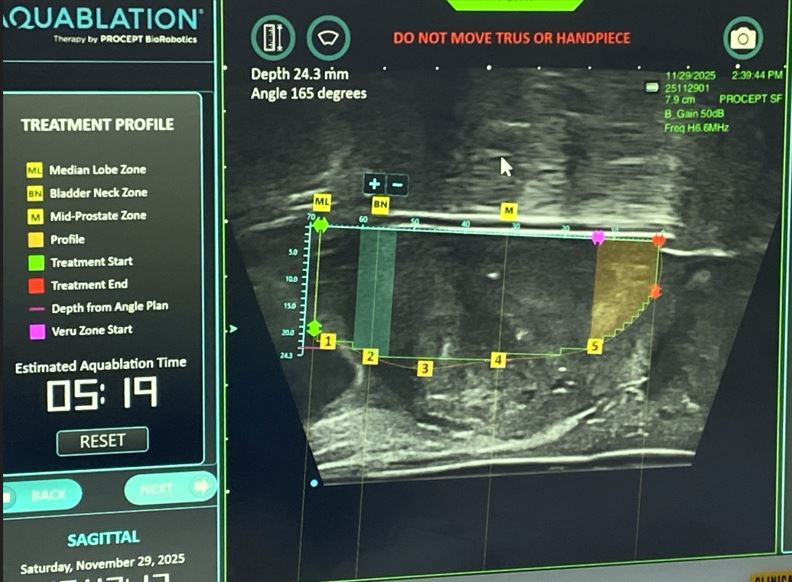What is an enlarged prostate?
Benign Prostatic Hyperplasia (BPH) is a condition where the prostate gland enlarges. The prostate surrounds the urethra, the tube that carries urine from the bladder out of the body. As the prostate enlarges, it can squeeze or partially block the urethra, causing various urinary symptoms.
What are the common symptoms of BPH?
Common symptoms of an enlarged prostate include:
- Frequently feeling the need to urinate
- Difficulty starting and stopping urination
- Waking up multiple times at night to urinate
Around 50% of men aged 51-60 and up to 90% of men over 80 are affected by an enlarged prostate.
Does my big prostate affect my sexual function?
Yes, BPH can lead to sexual problems. Studies indicate that men with more severe enlarged prostate symptoms are more likely to experience:
- Reduced sex drive
- Trouble maintaining an erection (erectile dysfunction)
- Decreased sexual satisfaction
What could be the reasons for these sexual issues in men with big prostate?
The exact reasons are unclear, but it could be related to factors such as genetics, age, and the anxiety or sleep disturbances caused by BPH symptoms. A study in the Journal of Sexual Medicine found that 60% of men with moderate to severe BPH reported significant erectile dysfunction.
Can lifestyle changes help with BPH and related sexual problems?
Yes, lifestyle changes can play a significant role. Some risk factors for BPH and erectile dysfunction (ED) overlap with those for heart disease and diabetes. By adopting a heart-healthy lifestyle, you might also improve sexual health. This includes:
- Eating a balanced diet rich in natural foods like vegetables, fruits, and omega-3 fatty acids from fish such as salmon and mackerel.
Why is it important to communicate with your partner about BPH?
Open communication with your partner can help manage the psychological impact of BPH and its symptoms, fostering a better relationship and overall health. Studies show that couples who communicate openly about health issues have better overall relationship satisfaction.
Are there medications that can treat both BPH and ED?
Certain erectile dysfunction medications can help with BPH symptoms as well. For instance, drugs like tadalafil can improve both BPH and ED symptoms when taken daily. This dual benefit can simplify treatment for men experiencing both conditions.
Are there any risks associated with ED medications for men with BPH?
Men with a history of recent heart attacks, strokes, uncontrolled high blood pressure, or unstable angina should avoid these medications. According to the American Urological Association, about 30% of men with BPH may not be suitable candidates for ED medications due to these risks.
Can BPH medications cause sexual problems?
Yes, some medications used to treat BPH can lead to sexual side effects. For instance:
5-alpha-reductase inhibitors may cause erectile dysfunction, reduced libido, and decreased semen release. Approximately 5% of men on these medications report sexual side effects.
Alpha blockers might be associated with ejaculation problems.
Can surgery for BPH cause sexual problems?
Yes, surgical treatments for BPH can lead to long-term sexual complications.
TURP (transurethral resection of the prostate) is linked to ejaculation problems and erectile dysfunction. Around 20% to 30% of men undergoing TURP experience sexual side effects.
Are there newer surgical treatments with fewer sexual side effects?
UroLift: This minimally invasive procedure involves inserting a stent to keep the urethra open. Studies show it helps improve BPH symptoms while preserving sexual function. In a study published in The Journal of Urology, over 80% of men reported significant symptom improvement without sexual dysfunction after a prostatic urethral lift.
Rezum: This treatment uses steam to destroy excess prostate tissue, reducing pressure on the urethra. Clinical trials have shown significant improvements in urinary symptoms and quality of life, with minimal impact on sexual function.
Aquablation: This robotic procedure uses a high-velocity water jet to remove prostate tissue. Studies, such as those published in The Journal of Urology, show that Aquablation is effective in reducing BPH symptoms with a lower risk of sexual side effects compared to traditional surgical methods.
HoLEP (Holmium Laser Enucleation of the Prostate): This laser technique removes large amounts of prostate tissue with precision, minimizing the risk of sexual dysfunction. Research indicates that HoLEP is highly effective for long-term symptom relief with fewer complications.
Reflection from a consultant urologist
Understanding the link between enlarged prostate and sexual problems is crucial for men dealing with these conditions. Adopting a healthy lifestyle, maintaining open communication with partners, and discussing treatment options with a healthcare provider can help manage both BPH and its associated sexual issues.


